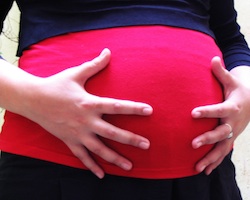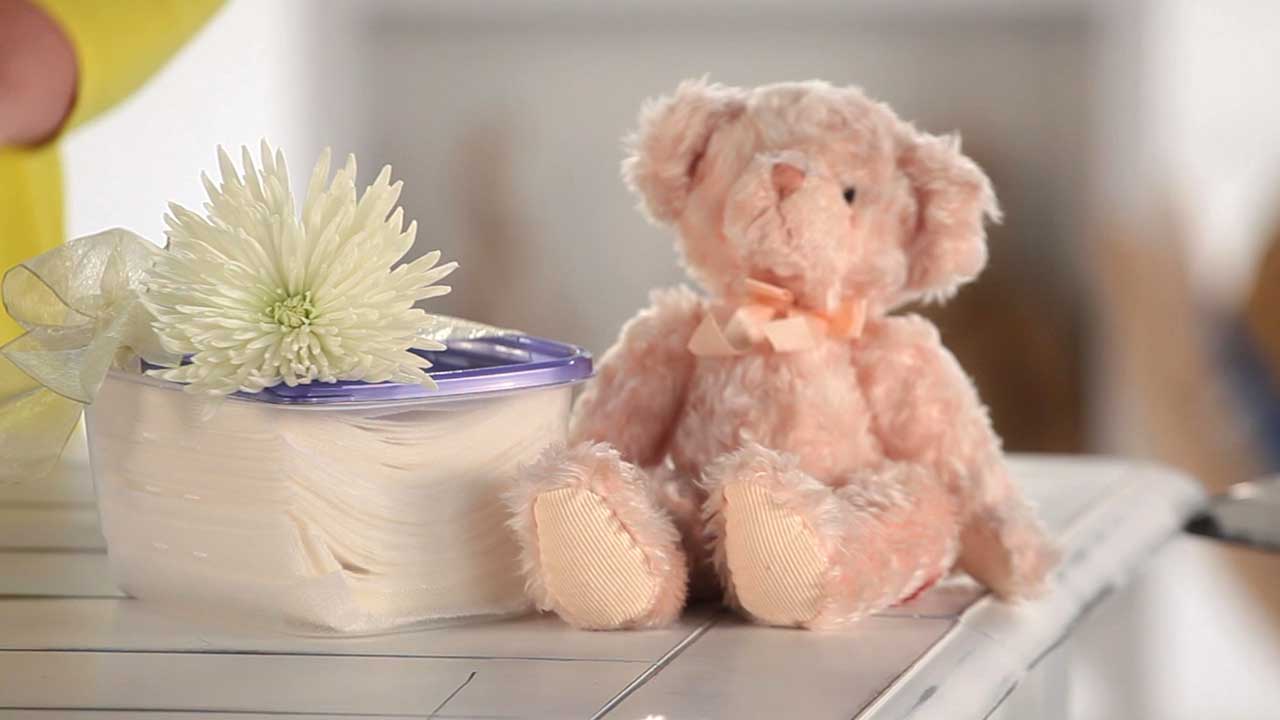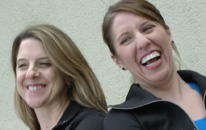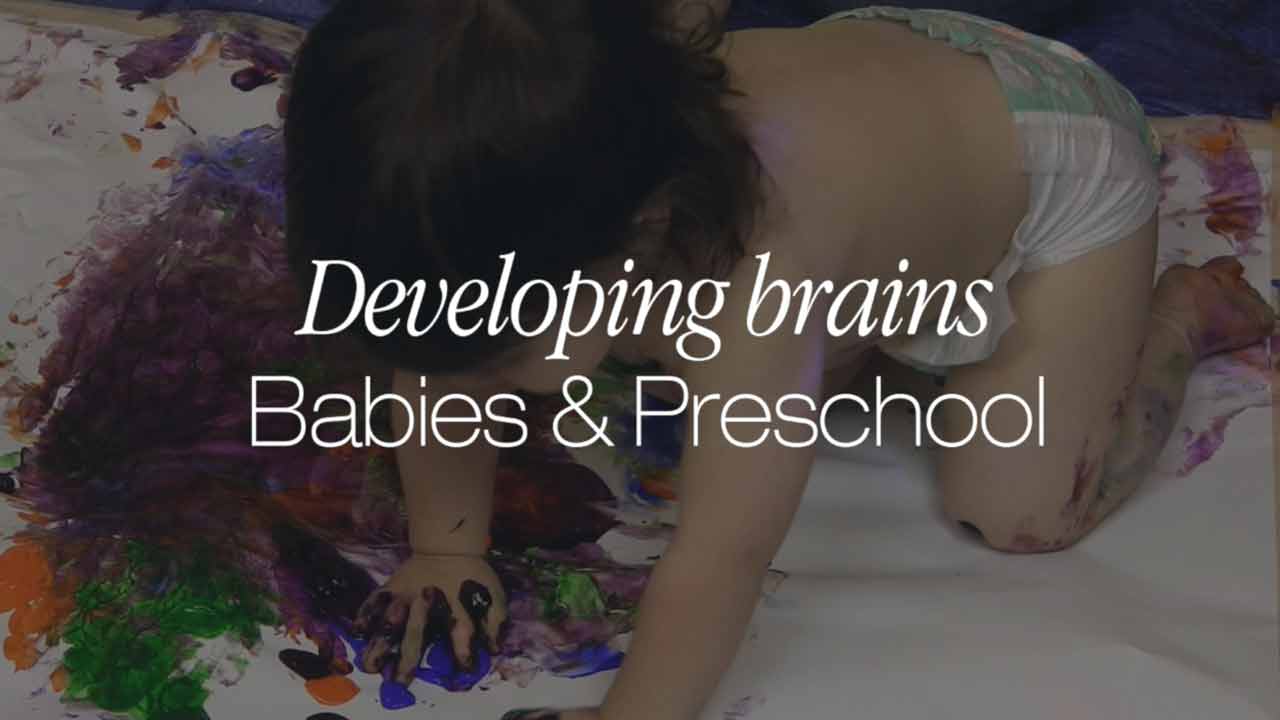Pregnancy by Age: Wellness at 20, 30, 40

by Dana Sullivan
You know from recent headlines that it’s possible for women as old as 60 to become pregnant. But for the time being, most of us choose to embark on the journey of parenthood much earlier. But pregnancy at 20 is quite different from pregnancy at 40. Here’s a look at the benefits and challenges of pregnancy by age.
Pregnancy in Your 20s: Raring to Reproduce
If Mother Nature determined the decade women reproduced, this would be it. In your 20s, your risk of infertility, miscarriage and health problems are at their lowest. According to the according to the National Institutes of Health, a 40-year-old woman is nearly 13 times more likely to have a baby with Down’s syndrome than a woman in her 20s; for every 100,000 babies born to women in their 20s, approximately 80 have Down’s — a share that increases to 1,000 in 100,000 once a woman reaches 40.
Women in their 20s also report feeling more “maternal satisfaction” than women who are older, according to a study of 294 women by Ramona T. Mercer, Ph.D. One reason for that may be that younger women often haven’t finished college or started a career, so they don’t yet have other roles that define them, observes Mercer, author of Becoming a Mother and professor emeritus of family health care nursing at the University of California, San Francisco. That means that monetary instability is also more often a concern during this decade.
Pregnancy in Your 30s: Settled and Self-assured
If you’re married and have a career, this may be the decade you decide you’re also ready to tackle motherhood. While the vast majority of babies born to women in their 30s (and 40s) are healthy, some risk factors increase during this decade. According to the March of Dimes, women in their 30s are more likely than younger women to conceive babies with chromosomal abnormalities and to experience pregnancy-related diabetes, eclampsia and hypertension. And at 30, you’re more likely to require a cesarean section than you would in your 20s.
The National Center for Health Statistics (NCHS) found that in 2000, 150 out of every 100,000 children born to women in their 30s had Down syndrome. If you’re in your 30s or 40s, you and your physician should decide if you want to undergo prenatal testing for chromosomal abnormalities.
On the positive side, if you’re in your 30s, you’re probably more self-assured than you were in your 20s — and you may even be more enthusiastic about being pregnant. And you’ll have lots of company. According to the NCHS, between 1970 and 2006, the birth rate for women aged 35 and older has increased nearly eightfold. In fact, the American Society for Reproductive Medicine reports that, today, 1 in 5 women has her first child after the age of 35.
Pregnancy in Your 40s: Disadvantaged but Resolute
By 40, you’re likely to have met many of your career and financial goals, and a baby is the icing on the cake. Psychologically, you’re ready. While you are at a disadvantage in your odds of becoming pregnant — a 2004 study published in Contemporary OB/GYN suggests 1 in 2 women have trouble conceiving after 40 — many fertility issues can be treated successfully. And women who bear children when in their 40s are also likely to live longer, according to a study by Harvard University.
Still, there are risks to consider. A study published in the journal Obstetrics & Gynecology found that a 45-year-old woman has a 1 in 20 chance of giving birth to a baby with chromosomal abnormalities (up from 1 in 500 for women in their 20s). And the risk of medical complications, such as eclampsia, diabetes and preterm labor also rise for this age group. However, the odds are significantly in your favor that you’ll have a happy, healthy baby.
Dana Sullivan is a Nevada-based freelance writer who contributes frequently to Fit Pregnancy and Parenting. She’s mom to Liam and Julia.




